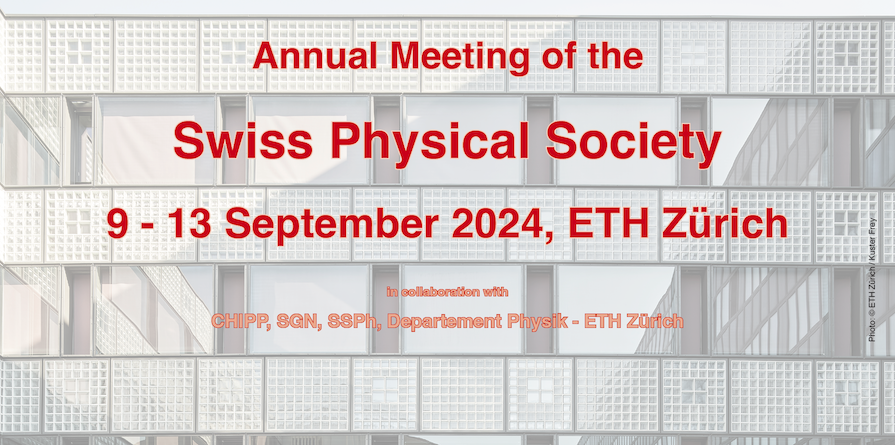Speaker
Shubhangi Makkar
(Center for Proton Therapy, Paul Scherrer Institute)
Description
A positron emission tomography (PET) scanner has been developed within the PETITION collaboration, for online adaptation and verification purposes in proton therapy. It can be used for biological adaptation of the treatment plan by imaging hypoxia daily on-the-table. Hypoxic cells within the tumours are radio-resistant and not accounting for it can result in a suboptimal treatment. A retrospective treatment planning study was performed in this context to first translate voxel-wise PET intensities into equivalent proton doses and thereby into an adapted treatment plan. This indicated a median improved tumour control probability of 10% amongst the cohort of ten patients without any significant increase in proton dose to the healthy organs.
Author
Shubhangi Makkar
(Center for Proton Therapy, Paul Scherrer Institute)
Co-authors
Marina Béguin
(Department of Physics, ETH Zürich)
Prof.
Günther Dissertori
(Department of Physics, ETH Zürich)
Judith Flock
(Department of Physics, ETH Zürich)
Cristian Fuentes
(Department of Physics, ETH Zürich)
Jan Hrbacek
(Centre for Proton Therapy, Paul Scherrer Institute)
Keegan McNamara
(Centre for Proton Therapy, Paul Scherrer Institute)
Christian Ritzer
(Department of Physics, ETH Zürich)
Damien C. Weber
(Centre for Proton Therapy, Paul Scherrer Institute)
Antony Lomax
(Centre for Proton Therapy, Paul Scherrer Institute)
Carla Winterhalter
(Centre for Proton Therapy, Paul Scherrer Institute)
